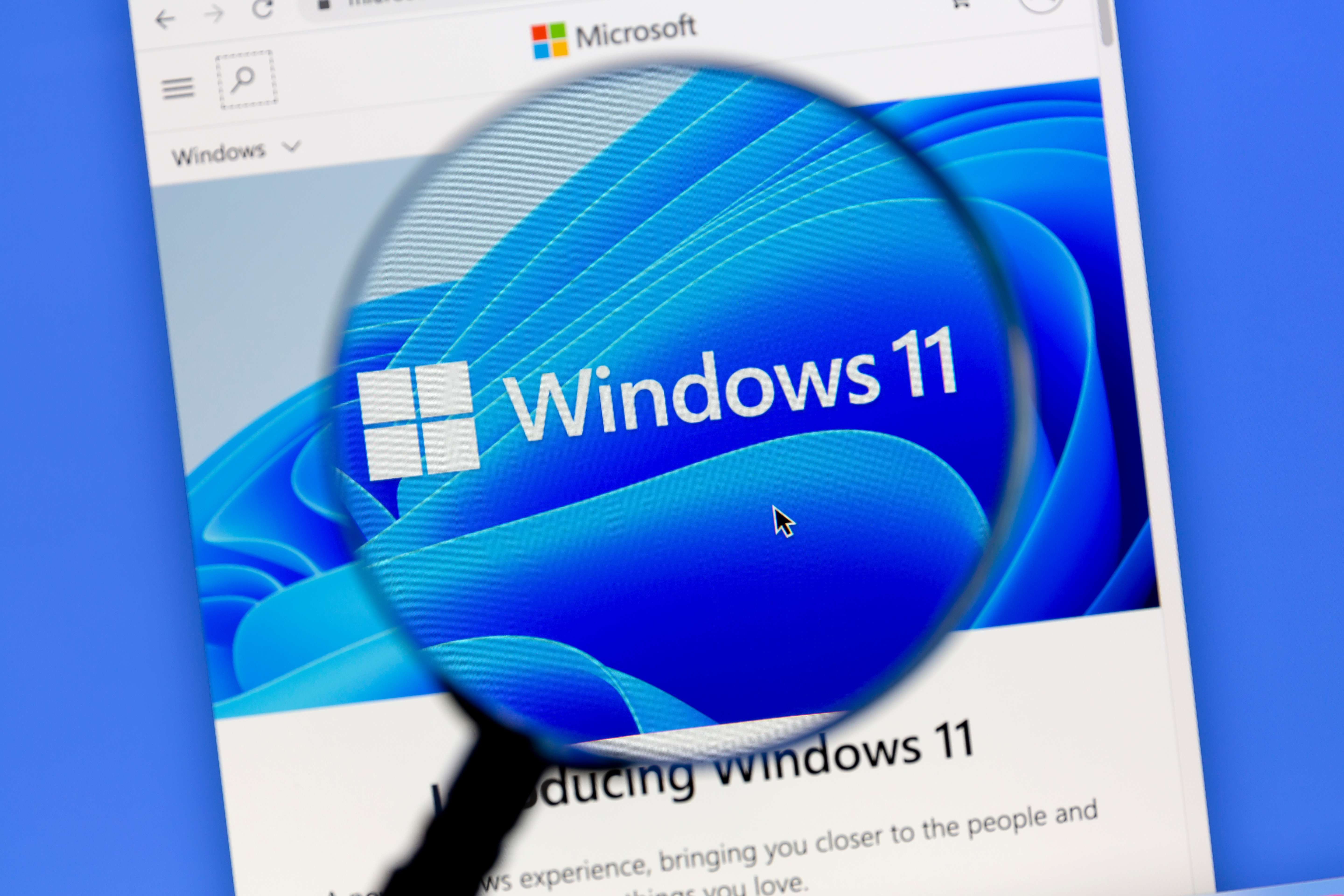Following on from our previous blog post providing an overview of the soon to be released Windows 11 upgrade, today we look at the system requirements necessary to enable you to make the change. As Windows 11 has been billed as having more stringent hardware requirements than Windows 10, it is imperative that users identify potential issues before the Windows 11 rollout begins.
Preparation
Prior to the release date of October 5th, it’s crucial that businesses take a number of practical steps to ensure their upgrade readiness. Firstly, it would be advisable that users check the compatibility of their PC models. Many Windows 10 PCs will be eligible for a free upgrade; however, some may not meet the minimum system requirements, thus necessitating the purchase of newer PC models or remaining with Windows 10 software. Members of the Windows Insider Programme can use the PC Health Check App to assess the compatibility of their PCs – the app checks device eligibility whilst simultaneously providing links to relevant support articles that include remediation steps to potential issues. Although a date is yet to be announced, the PC Health Check App will soon be re-released for general availability. We would advise those without access to the app to carefully check the minimum system requirements as detailed below or to consult with an IT support specialist.
After an initial compatibility check, it would be advisable for businesses to formulate a migration and evaluation timeline. Fitzrovia IT specialists can assist clients in formulating a plan tailored to their Windows upgrade needs. For example, if modernisation of infrastructure is required, it would be prudent to carry out the purchase and deployment of equipment before the planned upgrade. Similarly, even though issues associated with Windows 11 installation should be minimal, it is important to factor in time margins for the switchover. In terms of PC accessories – Microsoft has assured users that Windows 10 compatible accessories will continue to work with Windows 11. If any issues arise, they advise consulting with the accessory manufacturer.
Minimum System Requirements
- Processor: 1 Gigahertz (GHz) or faster with 2 or more cores on a compatible 64-bit processor or System on a Chip (SoC)
- Memory: 4 GB RAM
- Storage: 64GB or larger storage device
- System firmware: UEFI, Secure Boot capable
- TPM: TPM version 2.0
- Graphics card: DirectX 12 compatible graphics/WDDM 2.x
- Display: >9” with HD Resolution (720p)
Are You Ready?
If you don’t wish to make the move to Windows 11 immediately or find that your device does not meet the minimum system requirements, Windows 10 will continue to be supported until October 14th 2025. Whilst there may be a myriad of reasons to delay the move to Windows 11, it is always advisable to keep your PC maintained with the most up-to-date operating system. Maintaining timely updates is essential to not only keep your computer running smoothly, but also to help protect it from sophisticated malware threats and security exploits. If you’d like to find out more about the Windows 11 system requirements and how you can ensure an easy upgrade process, contact us today.

‘Thinking Out Cloud’: Your Invite to Fitzrovia's Free Cloud Workshop
At Fitzrovia IT we are always keen to ensure our clients and contacts are getting the most out of our expertise. As well as tailoring our IT...

Windows 11 Overview – The Latest and Greatest
The Next Evolution of Windows

